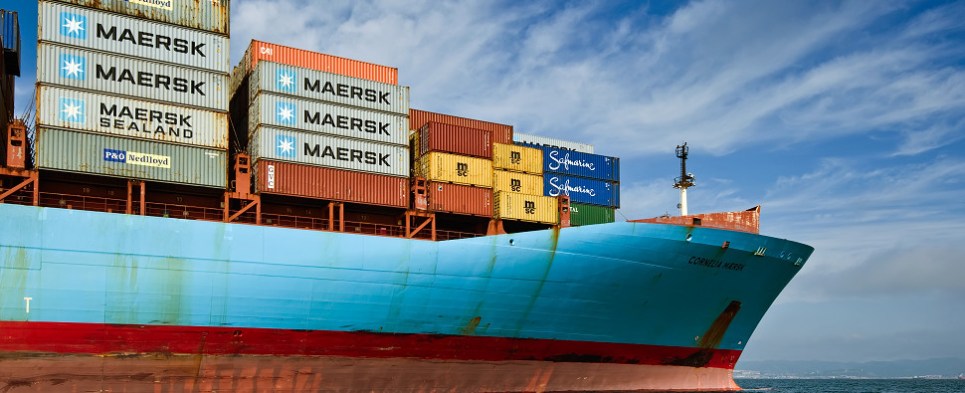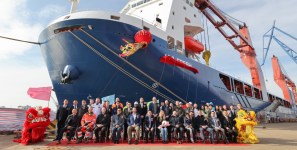A.P. Moller – Maersk Splits Divisions
Danish business conglomerate A.P. Moller – Maersk has been around since 1904, and no company stays in business that long without recognizing when it’s time to change with the changing times.
Back in June, the company’s Board of Directors requested a management review focusing on strategic and structural options, with the objective of generating growth, increasing agilities and synergies and unlocking and maximizing long-term shareholder value.
That review concluded that the best way to move forward would be to split into two separate businesses, a transport and logistics division and an energy division.
Transport & Logistics will consist of: Maersk Line, APM Terminals, Damco, Svitzer, and Maersk Container Industry businesses.
The company’s Energy division will also have four parts: Maersk Oil, Maersk Drilling, Maersk Supply Service, and Maersk Tankers.
“The industries in which we are operating are very different, and both face very different underlying fundamentals and competitive environments,” said company Chairman of the Board Michael Pram Rasmussen in a statement. “Separating our transport and logistics businesses and our oil and oil related businesses into two independent divisions will enable both to focus on their respective markets. This will increase the strategic flexibility by enhancing synergies between businesses in Transport & Logistics, while ensuring the agility to pursue individual strategic solutions for the oil and oil related businesses”.
Full Steam Ahead
While the obvious objective is to make both divisions successful, the company’s official statement suggests that A.P. Moller – Maersk, originally founded as a steamship company, is moving full steam ahead on shipping, while taking a more wait-and-see approach with energy.
Transport and Logistics will build on its synergistic positions in container transport, port operations, supply chain management and freight forwarding, to enable and facilitate global supply chains and provide greater opportunities for customers to trade globally. Closer integration is expected between these activities, with the anticipated result of more profitable growth and disciplined capital allocation.
Specifically, Maersk Line will grow market share both organically and through acquisitions. South Korea’s two biggest shipping firms, Hanjin Shipping Co. and Hyundai Merchant Marine Co., are rumored to be the company’s first targets. Hanjin filed for bankruptcy protection last month, and Hyundai is in the midst of a creditor-led debt-restructuring program.
Such consolidation may further stabilize a global shipping industry suffering through its worst downturn in decades, with severe overcapacity at a time when seaborne trade has yet to recover from the financial crisis. The Maersk group posted a second-quarter net profit of just $101 million, well below the $196 million expected by analysts.





Leave a Reply